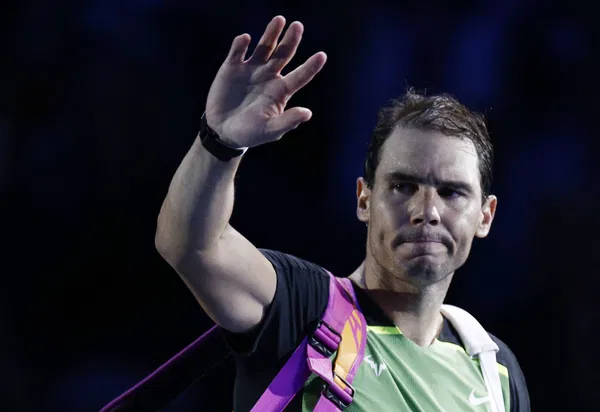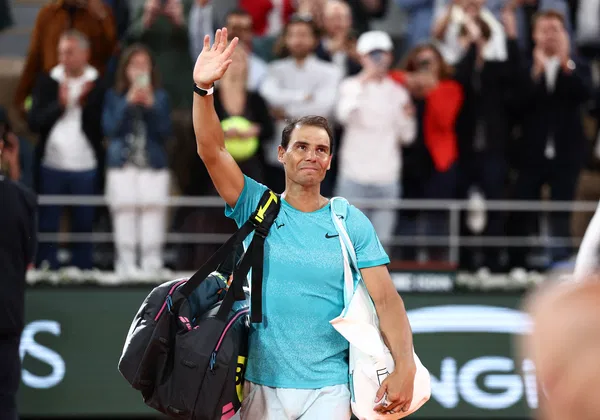From the outside, the life of an elite tennis player may seem glamorous and enviable, but the reality often tells a different story. Tennis, frequently described by leading sports psychologists as one of the most emotionally challenging and isolating sports, demands a high level of mental resilience. Professionals often face immense stress and anxiety, which they must manage alone. This has been evident in the experiences of players like Naomi Osaka and Nick Kyrgios, who have candidly shared their struggles with mental health. Adding to this list, Rafael Nadal recently opened up about his own battles in an essay titled The Gift for The Players’ Tribune.

In this reflective piece, Nadal shared some of the defining moments of his life and career while addressing the obstacles he had to overcome. He revealed that despite his image as a composed and confident athlete, he has always grappled with nerves before matches. “For 30 years, the image I projected to the world wasn’t always what I felt inside. Honestly, I have always been nervous before every match I’ve played; that never goes away. Every night before a match, I would go to bed feeling like I could lose (and also when I woke up in the morning!),” Nadal confessed.

Injuries have been a recurring challenge throughout Nadal’s illustrious career, preventing him from competing at his peak for extended periods. However, his physical struggles were only part of the battle. Reflecting on his mental challenges, he admitted, “For most of my career, I was good at controlling those emotions… with one exception. I went through a very difficult time, mentally, a few years ago. Physical pain I was very used to, but there were times on the court when I had trouble controlling my breathing, and I couldn’t play at the highest level.”
He emphasized that while he never lost complete control of his anxiety, there were moments when his mental struggles made it difficult to perform. “Thankfully, I didn’t reach the point of not being able to control things like anxiety, but there are moments with every player where it’s hard to control the mind, and when that happens, it’s hard to have total control of your game. There were months when I thought about taking a complete break from tennis to cleanse my mind.”
Nadal also spoke about how he overcame these hurdles. He highlighted the importance of perseverance, stating, “In the end, I worked on it every day to get better. I conquered it by always moving forward, and slowly I became myself again. The thing that I’m most proud of is that I may have struggled, but I never quit. I always gave the maximum.”
In a prior interview, Nadal revealed that he sought professional help twice at different stages of his life to deal with mental health issues. He expressed no hesitation in discussing these struggles, viewing mental health as an essential aspect of overall well-being. “If you have pain in your leg, go to the doctor. Maybe it was a more taboo topic, but I don’t perceive it that way, I perceive it as something normal and natural, it’s just another part of the body and I would say the most important. I never had a problem talking about it,” he said. He urged others to seek help for mental health challenges, no matter how big or small, and emphasized that happiness is the most important goal in life.
Nadal also touched on a critical turning point in his early career. At just 17 years old, he was diagnosed with a chronic degenerative condition in his left foot called Mueller-Weiss syndrome, which threatened to end his professional career before it truly began. Doctors warned that he might never play professional tennis again. Yet, through remarkable mental strength and determination, Nadal overcame this adversity and went on to achieve greatness.
Nadal’s journey, characterized by relentless perseverance and a refusal to give up, underscores why he is regarded as one of the greatest players in tennis history. His openness about both physical and mental struggles adds depth to his legacy and inspires others to confront their challenges head-on.